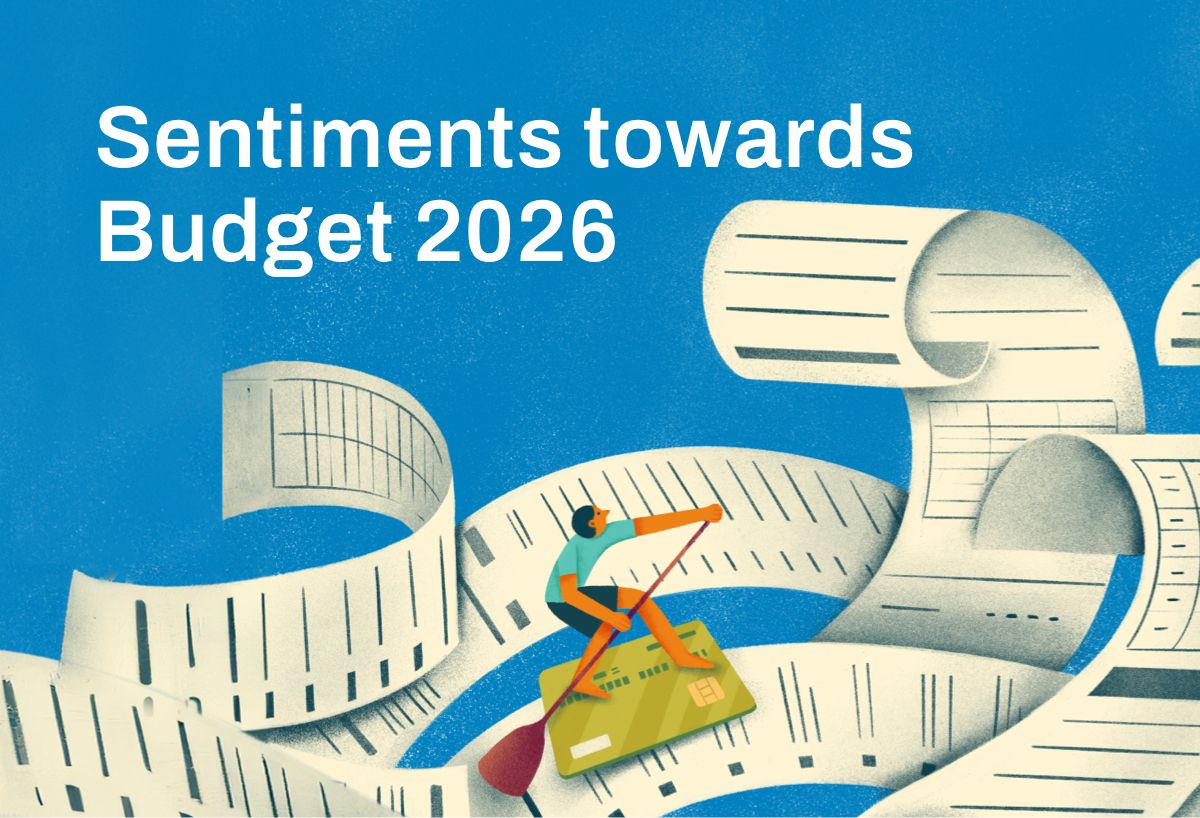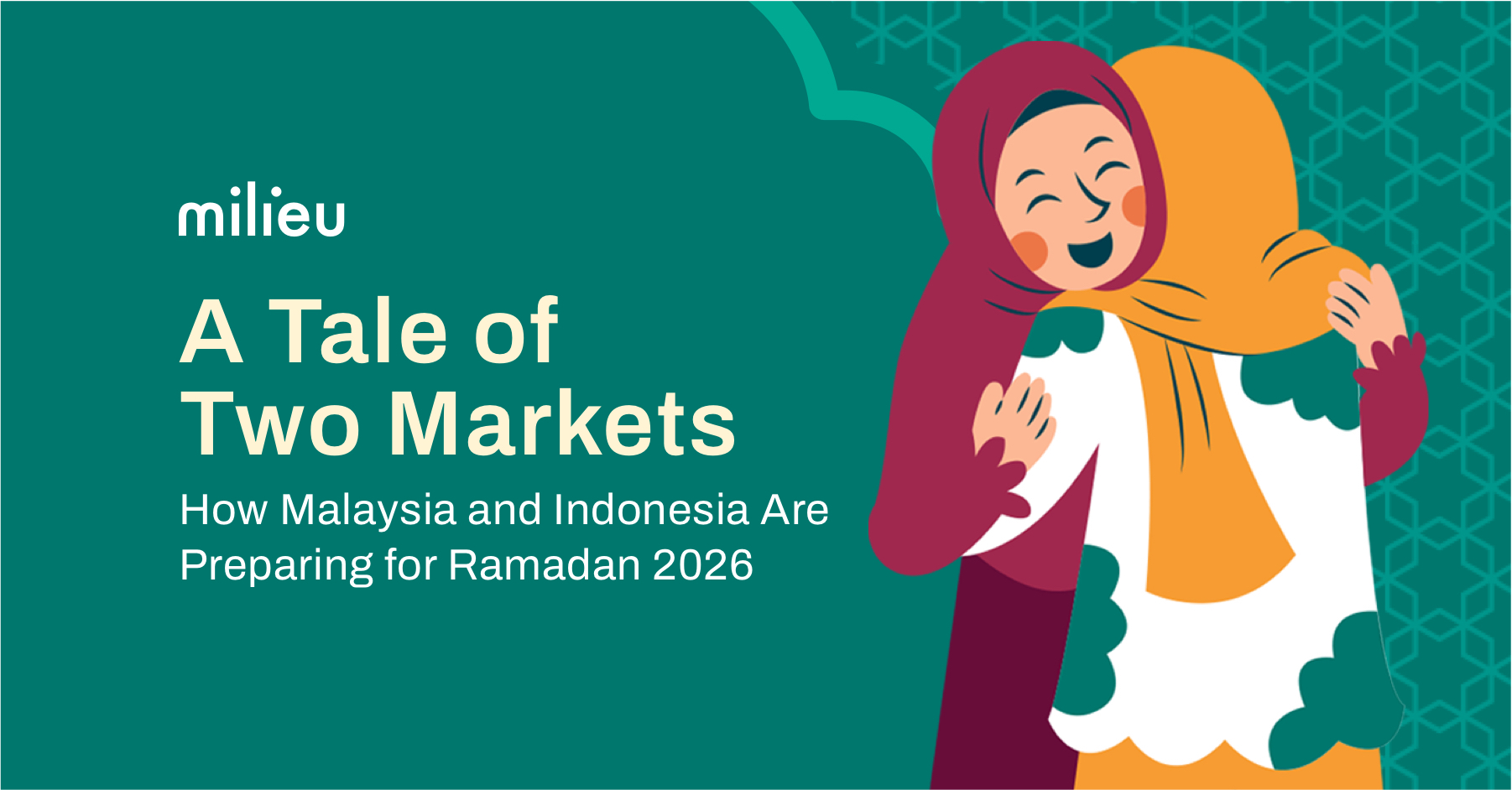Milieu survey reveals key concerns ahead of GE2025

Milieu survey reveals key concerns ahead of GE2025
As Singapore gears up for its next General Election which will be held on 3 May, newly released survey from Milieu Insight, a global market research and data analytics company, reveals that cost of living issues, housing affordability, and government accountability are key priorities for voters across different age groups.
The fieldwork was conducted online from 25 till 27 April with a sample size of 500 Singaporean voters. The margin of error is 4%+/- percentage points.
Neutral feelings dominate, with excitement amongst the youngest
According to the survey, neutrality emerged as the most common sentiment, with 41% of Singaporeans reporting "not much feeling" toward the upcoming election. This sentiment was even stronger among the 45–54 age group, where nearly half (49%) expressed a neutral stance.
Despite this, hope remains a significant undercurrent, with 22% of respondents feeling hopeful about the future direction of the country. Notably, first-time voters were even more optimistic, with 26% expressing hopefulness compared to 22% among non-first-time voters.
Excitement about the election is also evident, particularly among younger Singaporeans. Overall, 23% reported feeling excited and 62% identifying as first-time voters from the 16–24 age group. Encouragingly, 70% of those polled also believe that young Singaporeans today are becoming more politically aware, suggesting a shift toward greater engagement among the next generation of voters.
Cost of living, housing and healthcare as key areas of concern
The poll found that a significant 79% of respondents identified the rising cost of living as a major concern. This reflects widespread anxieties about the affordability of groceries, transportation, healthcare, and other daily expenses, particularly in the face of global economic uncertainties.
Housing affordability also emerged as a critical issue, with 37% of respondents highlighting it as a top election consideration. This concern was particularly pronounced among younger demographics (25-34), suggesting a growing sense of urgency regarding access to affordable housing options.
Furthermore, 45% of respondents expressed concern about rising healthcare costs, with older demographics (55+) showing the highest level of concern (62%). This highlights the need for policies that address the long-term affordability and accessibility of healthcare services for Singapore's aging population.
What Singaporeans expect from their MPs
A majority of voters (69%) value MPs who genuinely care about residents and speak up for Singaporeans. 59% want MPs who can relate to the lived realities and experiences of the average Singaporean. And 49% would prefer MPs who are humble and approachable.
77% agree that an MP who cares and can relate to the realities and experiences of Singaporeans takes the time to listen to residents' concerns during house visits. Highlighting a need for more open dialogue and civic engagement, 75% polled also believe that it is possible to be patriotic while remaining critical of the government.
Generational divide in information consumption; is social media a double-edged sword?
The survey revealed a significant generational divide in how Singaporeans access election-related information. While older demographics (55+) tend to rely on local mainstream media - 70% (e.g., Straits Times, Today Online, Channel NewsAsia), younger voters (25-34) are more likely to turn to independent media outlets - 38% (e.g., Jom, Mothership) and social media platforms - 41% (e.g., Reddit).
While social media has become an increasingly important source of information for voters, 41% agree that it has compromised the integrity of elections in Singapore. Also, only 3% of respondents believe that MPs collaborating in videos and podcasts with social media influencers is important.
"These findings highlight the complex and evolving dynamics of Singaporean politics," says Jiayi Zhang, Head of Research Services at Milieu Insight. "While economic concerns remain important, the survey also reveals a growing emphasis on government accountability, relatable leadership, and the responsible use of social media. Understanding these nuances is crucial for political parties seeking to connect with voters and address their needs effectively.”

Author
Milieu Team
At Milieu, we’re a team of curious minds who love digging into data and uncovering what drives people. Together, we turn insights into stories—and stories into action. We also run on coffee, deadlines, and the occasional meme.





